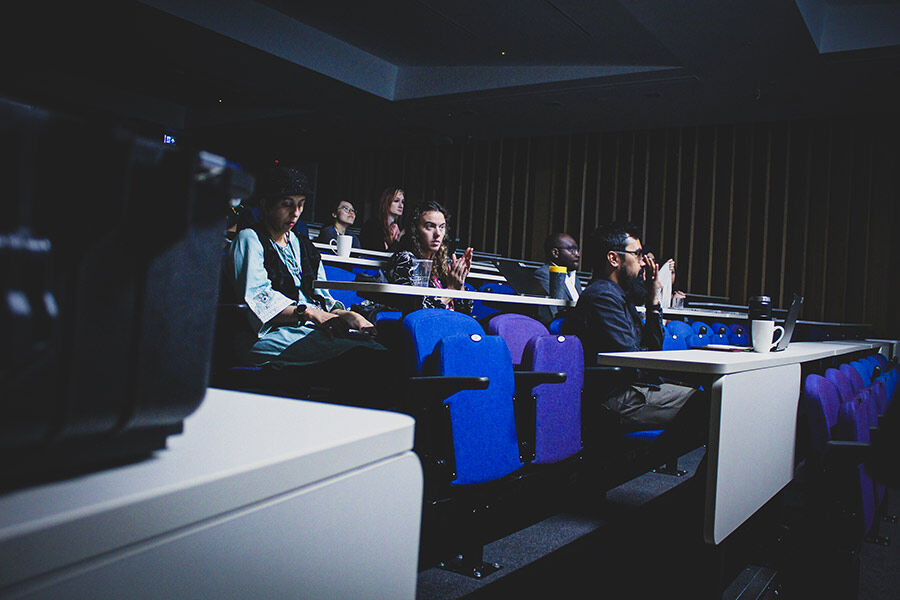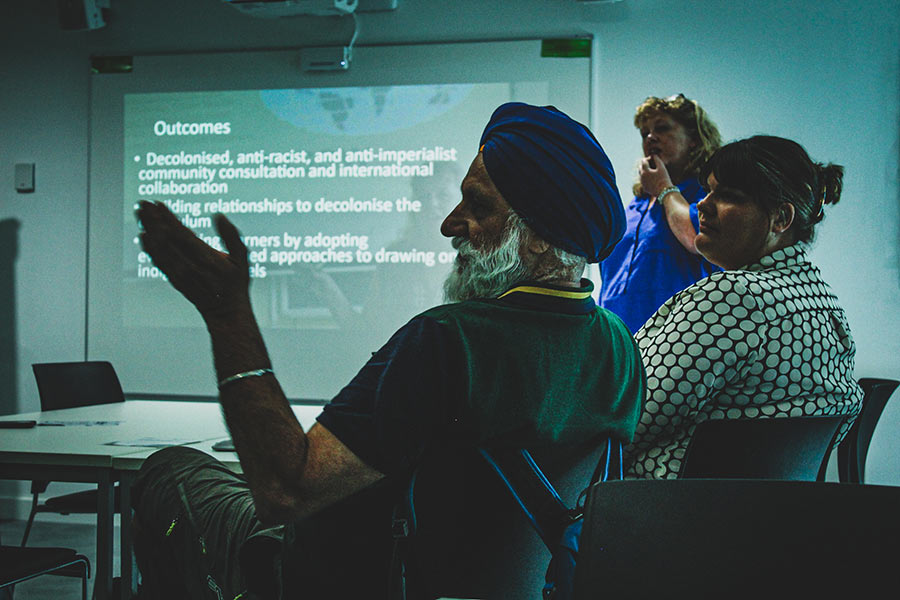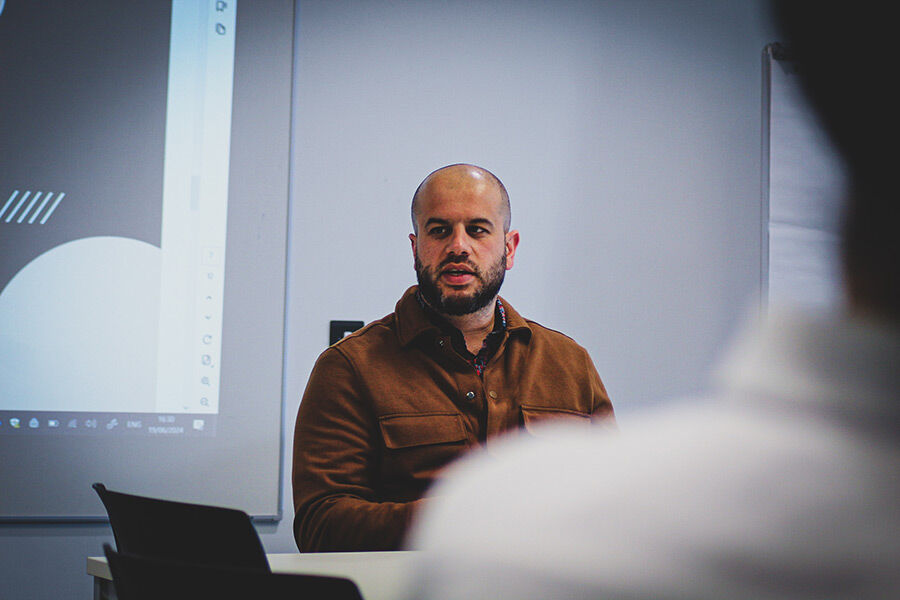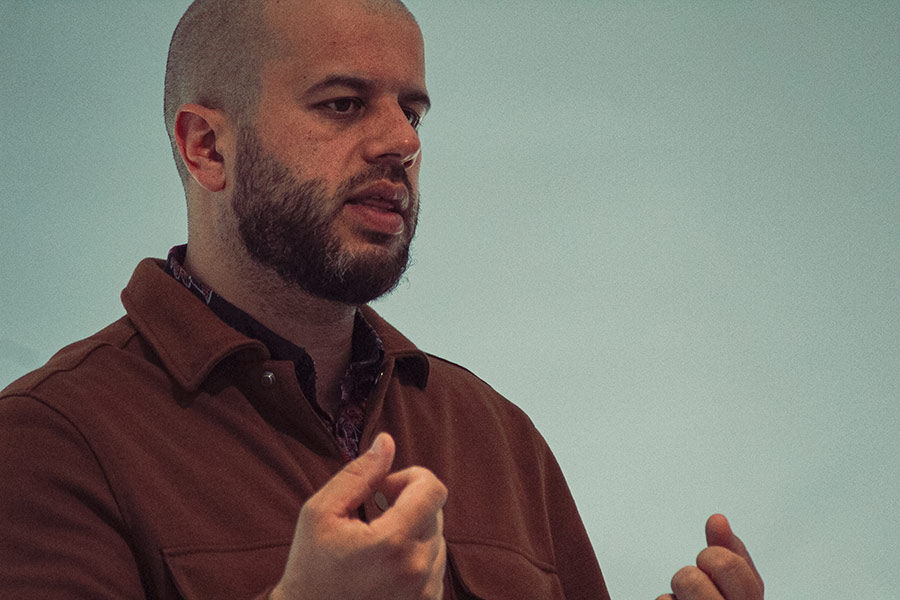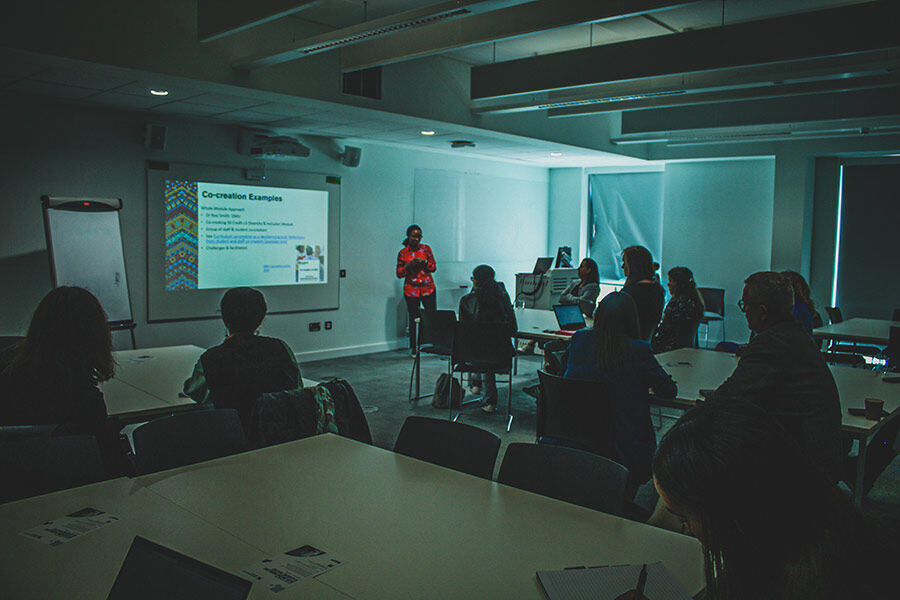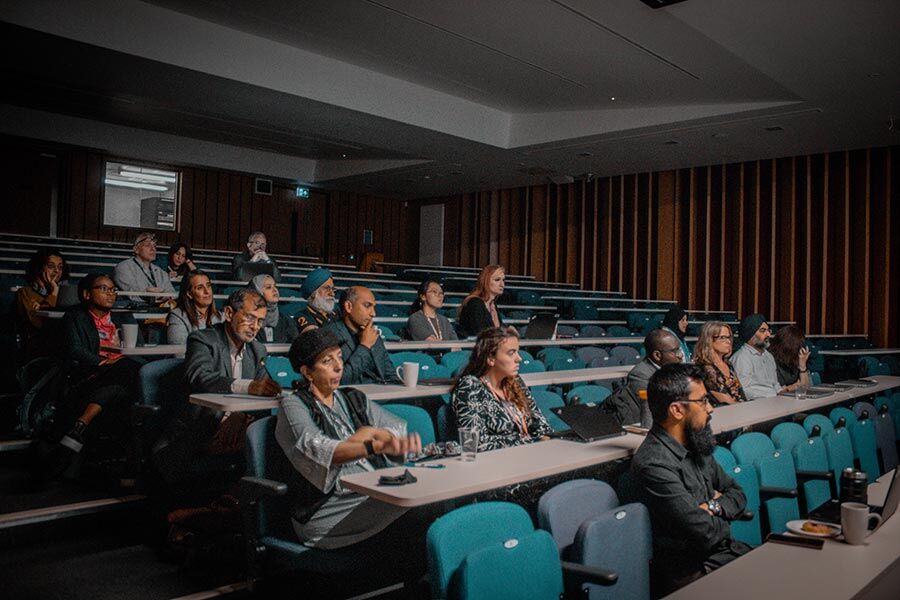Conferences and events
Decolonising Academic Practice Workshop Series 2025
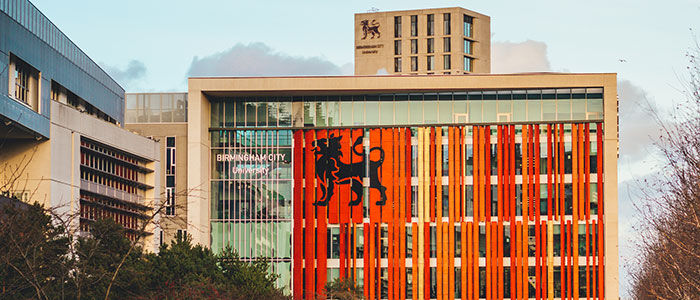
Decolonising Academic Practice Workshop Series and Conference
A Part of the BCU Learning and Teaching Festival
- Date: 3 July 2025
- Deadline for submissions: Friday 9 May 2025, 11:59 GMT
- Decisions will be communicated by Friday 16 May 2025
- Format: This series will be online
“I think the notion of dreaming in a time where we are told that it is foolish, futile or not useful is one of the most revolutionary things we can do. To have our lives determined by our dreams of a free world — instead of reactions to a state-imposed reality — is one of the most powerful tools of decolonization.” Harsha Walia
The Education Development Service at Birmingham City University invites you to its fourth annual Series on Decolonising Academic Practice. This year, we are encouraging submissions from colleagues and students who want to help us re-imagine what Higher Education could look like. We are asking for submissions that propose and provoke a different way of doing pedagogy, student experience, and systems in the University.
The lecture series will consist of up to 90-minute workshop to be done online. Colleagues will be expected to facilitate their own workshop with support from BCU.
We encourage (but do not wish to limit) workshops to be submitted in the following areas:
- Curriculum design & delivery (subject specific, or wider learning design principles)
- Creating community as defiance
- Academic promotion, recruitment, and recognition
- Decolonial leadership
- Creating evidence (using data) to inform decolonial practice
- Changing the physical environment of HE Institutions
We particularly encourage submissions from those with an international perspective that can speak on their experiences and expertise having centred their own culture and learning environments. We particularly encourage discussions on pedagogical techniques used in South Asia, the Caribbean, and in Africa as this reflects the heritage of most of our student body, as well as postcolonial/anti-colonial experiences.
Submissions should be made using the submissions form.
If you have further queries, please contact Marisa Parker via email at marisa.parker@bcu.ac.uk
